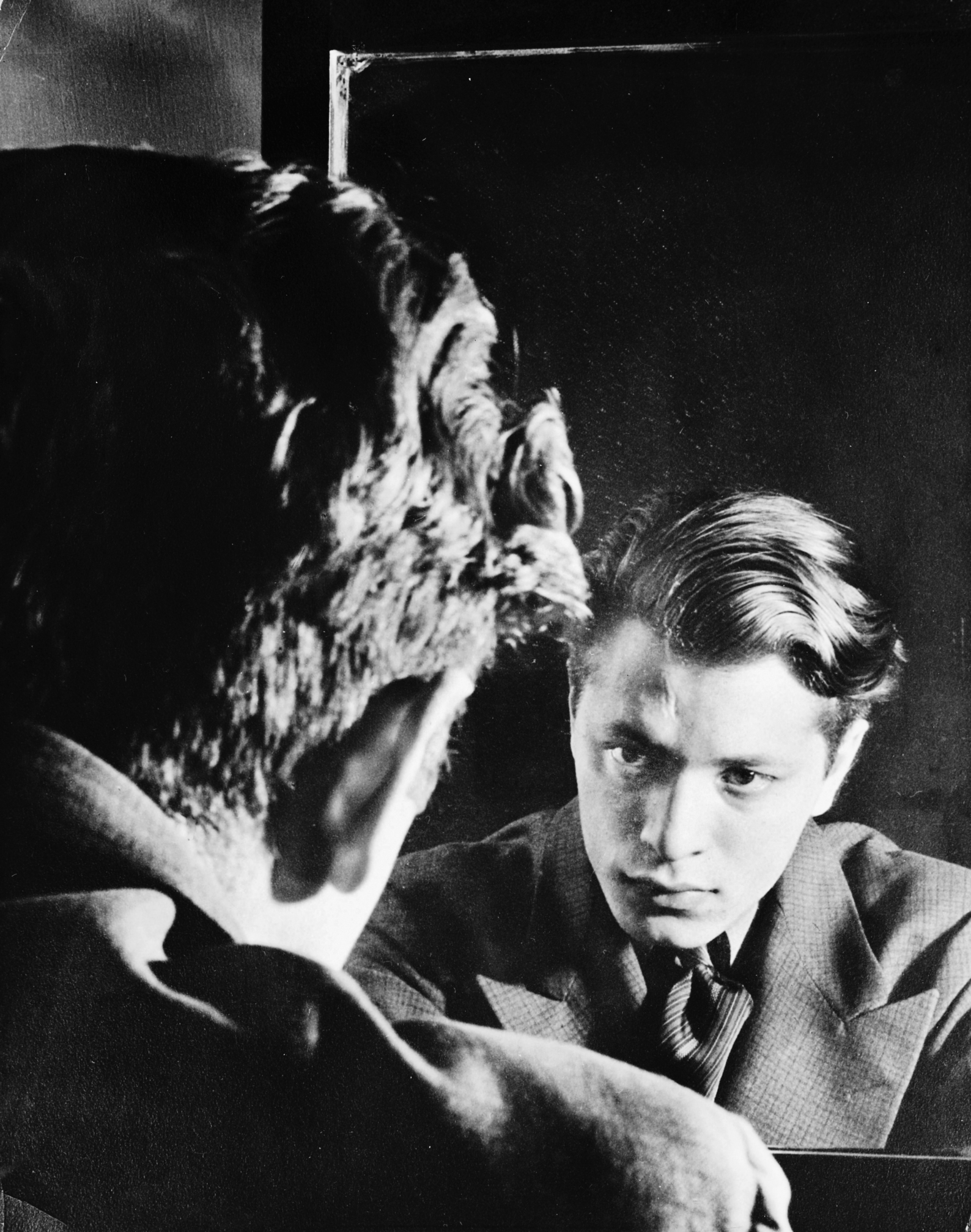Contents
ALSO BY JAMES ATLAS
Nonfiction
My Life in the Middle Ages: A Survivors Tale
Bellow: A Biography
Delmore Schwartz: The Life of an American Poet
Fiction
The Great Pretender
Copyright 2017 by James Atlas
All rights reserved. Published in the United States by Pantheon Books, a division of Penguin Random House LLC, New York, and distributed in Canada by Random House of Canada, a division of Penguin Random House Canada Limited, Toronto.
Pantheon Books and colophon are registered trademarks of Penguin Random House LLC.
Portions of this work have originally appeared, some in different form, in The New Yorker, The New York Review of Books, The New York Times Book Review, The New York Times Magazine, Vanity Fair, and The Atlantic.
Owing to limitations of space, permissions to reprint previously published material can be found following the index.
Library of Congress Cataloging-in-Publication Data
Name: Atlas, James, author.
Title: The shadow in the garden : a biographers tale / James Atlas.
Description: New York : Pantheon, 2017. Includes bibliographical references and index.
Identifiers: LCCN 2016057846 (print). LCCN 2017005217 (ebook). ISBN 9781101871690 (hardcover). ISBN 9781101871706 (ebook).
Subjects: LCSH: Atlas, James. BiographersUnited StatesBiography. Biography as a literary form.
BISAC: BIOGRAPHY & AUTOBIOGRAPHY/Personal Memoirs. BIOGRAPHY & AUTOBIOGRAPHY/Literary. BIOGRAPHY & AUTOBIOGRAPHY/Editors, Journalists, Publishers.
Classification: LCC CT34.U6 A85 2017 (print). LCC CT34.U6 (ebook). DDC 920.073dc23.
LC record available at lccn.loc.gov/2016057846
Ebook ISBN9781101871706
www.pantheonbooks.com
Cover illustration by Julia Breckenreid
Cover design by Kelly Blair
v4.1
a
for Anna
Contents
Delmore Schwartz, from Vogue
I
I ts late afternoon on Christmas Eve 1974 and growing dark. I sit alone at a long wooden table in the Rare Books and Manuscripts Room of the Beinecke Library at Yale. On the table are six large cardboard storage boxes. I take the top off of one and peer inside: chaos. Manuscripts, letters, loose papers, and manila envelopes, all jumbled together as if theyd been tossed in the box by movers in a hurrywhich, as it happens, they had.
The boxes contain the accumulated detritus of the poet Delmore Schwartz, who died of a heart attack at the Columbia Hotel in Times Square on the night of July 11th, 1966, while taking out the garbage. His body lay unclaimed in the morgue at Bellevue for two days, until a reporter noticed his name on a list of the dead. The next morning a lengthy obituary, accompanied by a photograph of a tormented-looking Schwartz, appeared in The New York Times. He was fifty-two.
It was his friend Dwight Macdonald, one of the great critics of that era, who salvaged the papers strewn about Schwartzs hotel room at the time of his death. They would have vanished forever if it hadnt been for a chance encounter in a bar between Macdonalds son Michael and the owner of a moving company in Greenwich Village called the Covered Wagon. Macdonald lost track of them and would write me later: I find in my files a note on Delmore, re. White Horse days w. places the C.W. as being over Bradleys restaurant, University Place at 11 st. Schwartzs papers were at the Covered Wagon.
Macdonald took on the role of Schwartzs literary executorno one else had volunteeredand for years afterward the papers were stored at Hofstra University on Long Island, where Macdonald was teaching at the time. But three months before my visit, in the fall of 1974, he arranged for them to be transferred to his own alma mater, Yale. I would be the first person to examine what Macdonald had rescuedbarelyfrom oblivion.
It was nearly five now, and the library would soon be closing for the holidays. There wouldnt be time for more than a brief look at Schwartzs papers, but I was eager to see them. I was twenty-five and had signed a contract with the distinguished publishing house Farrar, Straus & Giroux, committing me to write a biography of Schwartz without having any idea whether, in fact, there was enough material to do so. What was in these boxesthey could have been the junk of a college student moving out of his dormwould determine the course of my life.
I pulled out a letter from the top of the pile. It was typed on the stationery of Faber & Faber, the English publisher of T. S. Eliot, who had also worked for many years as the firms poetry editor.
The letter was from Eliot himself. It was brief but significant. Acknowledging receipt of an article by Schwartz in the Kenyon Review on Eliots journal, Criterion, the great man had written: You are certainly a critic, but I want to see more poetry from you. The letter was dated October 26th, 1939. Schwartz would have been twenty-five, the exact age I was at this moment.
As I stared at Eliots signature, I felt like Keats in his poem about discovering Chapmans translation of Homer, some watcher of the skies / When a new planet swims into his ken. I was there with the young poet, tearing open the envelope with eager hands, tipped off to the identity of its author by the return address, scanning it quickly, breathing hard as he came to the sentence about his poems, then setting the letter down gently on his desk and smoothing it out to read again andor so I imaginedagain and again and again. T. S. Eliot!
I rummaged through a sheaf of discarded drafts and notes for poems until a letter in a schoolboys neat blue script caught my eye. It was six pages long and addressed Dear Delmore Schwartzthe stiff salutation of someone who didnt know him very well. I flipped to the last page. The letter was signed WystanW. H. Auden. I raced through its contents with the nervous fervor of an heir reading a will. Which in a sense I was. Only my inheritance would turn out to be, instead of worldly goods, the custodianship of an obscure poet whose unlikely name would resonate through my life like a mournful bell.
The letters subject was a two-hundred-page poem by Schwartz entitled Genesis. Written in biblical-sounding prose alternating with long passages in blank verse, it told the story of Hershey Green, a New York boy born to Jewish-immigrant parents, and his efforts to find his way in the bewildering New World of America:
O land
Whence come chiefly the poor hurt peoples
Who for a reason good or bad cannot endure
Or be endured by the old Vaterland.
Published in an edition of three thousand in 1943, when Schwartz was thirty years old, it was a hugely ambitious effort, and he hadnt quite pulled it off, in Audens viewat times the tension between high language and pedestrian detail was forced, and the epic conceit grew tiresome. Still, it had a kind of crazy energy, spilling forth in a hypnotic rhythm unlike anything ever seen in American poetry.
















